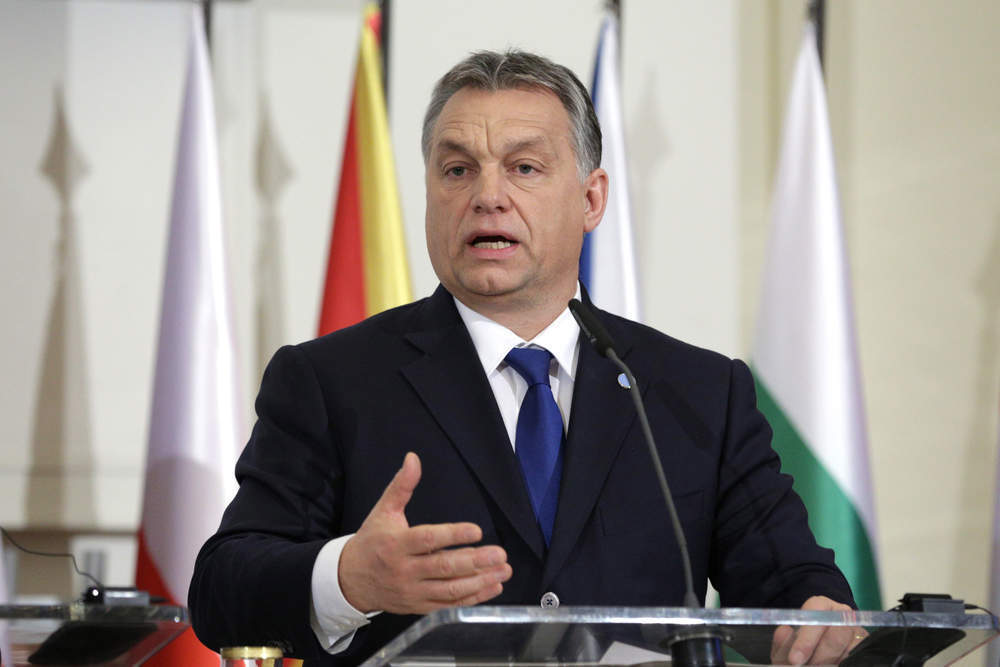
Hungary heads to polls this Sunday for its presidential elections.
The country’s incumbent leader Viktor Orban, head of the right-wing party Fidesz, appears to be well ahead of his opponents and is widely expected to win his fourth term — and third in a row.
Fidesz is set to win with a 41% majority, according to recent poll conducted by think tanks Median and Republikon.
Fedesz’s largest opposition party, the nationalist Jobbik, has made clear it won’t look for a coalition with either Fidesz or parties on the left.
In 2010 Fidesz changed the electoral system, which now favours the party against its opponents, and Orban is projected to take 142 of the 199 parliamentary seats, while Jobbik will get 22.
The social liberal Democratic Coalition, lead by Gergely Karácsony’s MSZP is predicted to get 19 seats.
How well do you really know your competitors?
Access the most comprehensive Company Profiles on the market, powered by GlobalData. Save hours of research. Gain competitive edge.

Thank you!
Your download email will arrive shortly
Not ready to buy yet? Download a free sample
We are confident about the unique quality of our Company Profiles. However, we want you to make the most beneficial decision for your business, so we offer a free sample that you can download by submitting the below form
By GlobalDataFidesz and its Christian Democrat ally KDNP won over two-thirds of the seats in the previous two elections.
Pollsters predict the turnout could reach 70% — almost equal the current record, set in 2002, of 72%. This could help smaller opposition parties, like green liberals Politics Can Be Different (LMP) and left-wing coalition gain more votes.
Orban is a long-term advocate of so-called illiberal democracy and has campaigned for stronger laws on immigration into the country.
However, Orban — the second longest-serving leader in the European Union after Germany’s Angela Merkel — has recently been hit by spying allegations and corruption scandals that might damage his performance on Sunday.
In the months leading up to the election, Orban hit out at nongovernmental organisations, both in the EU and Hungary, for helping migrants and refugees and accused them of working for liberal Hungarian-American financier and philanthropist George Soros.
At his annual state of the union last February, Orban said:
We are those who think that Europe’s last hope is Christianity.
If hundreds of millions of young people are allowed to move north, there will be enormous pressure on Europe. If all this continues, in the big cities of Europe there will be a Muslim majority.
A fourth win for Fidesz would be the latest win for a wave of populist and anti-immigration parties that has swept over Europe in recent years.
Italy general election last month saw the populist 5Star Movement win widespread approval with the far-right Freedom Party of Austria gaining unprecedented popularity in its country in December.





